
8 minute read
92 ND ACADEMY AWARDS
92 nd Annual Academy Awards
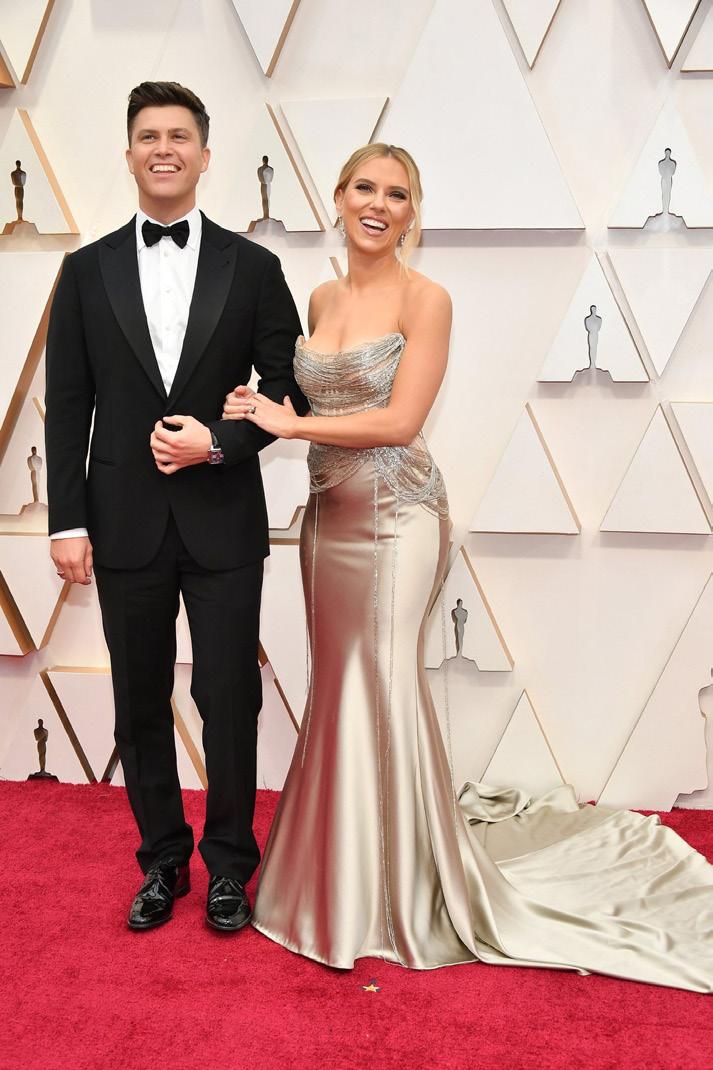
Advertisement
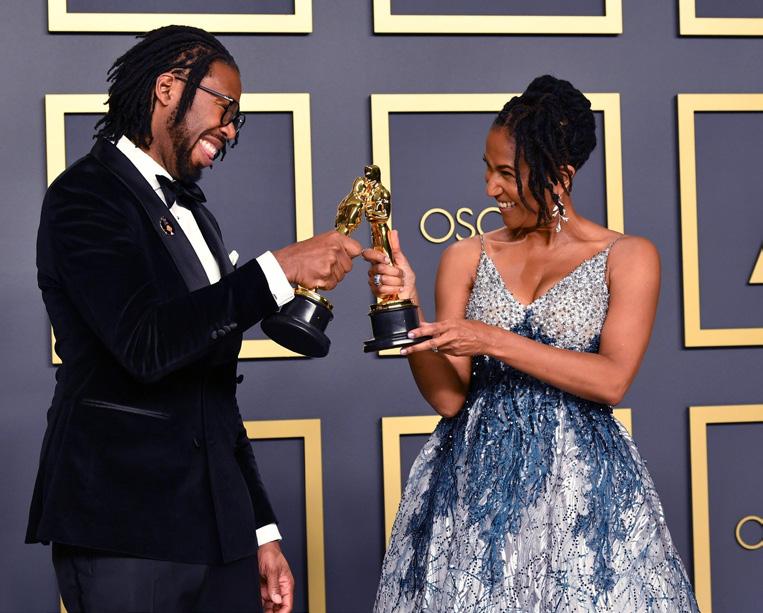
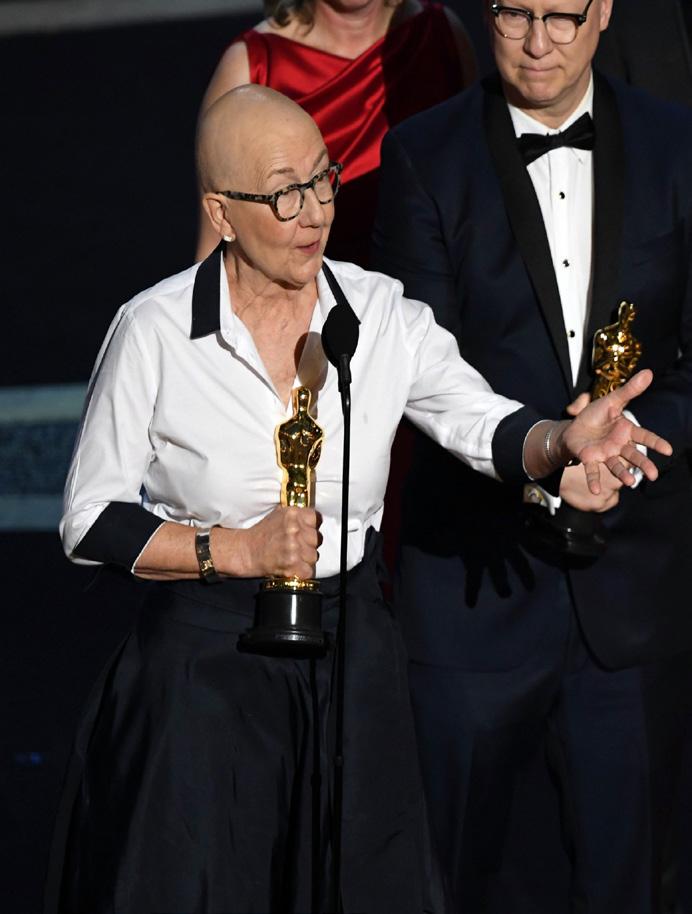
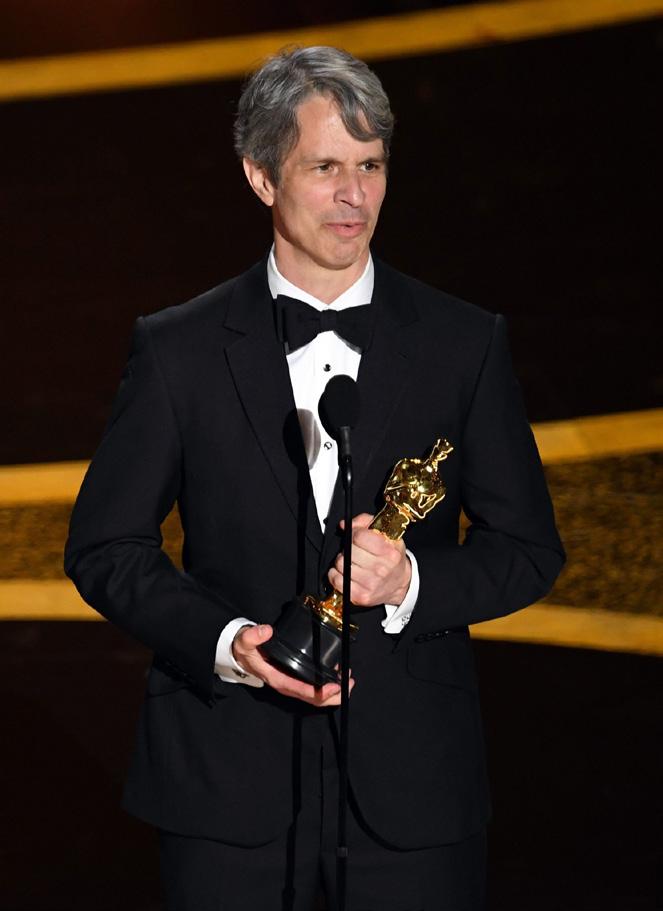
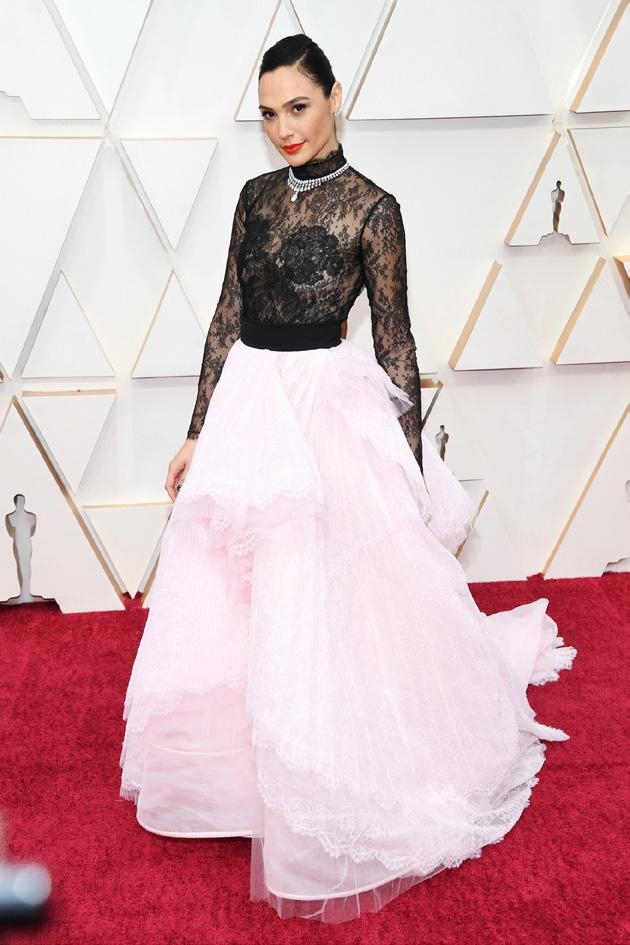
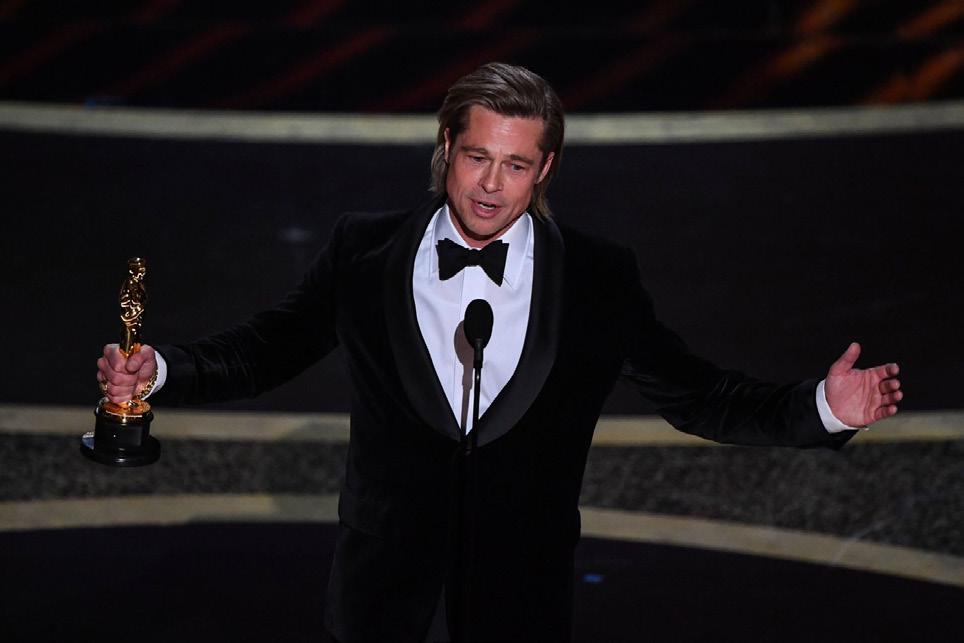
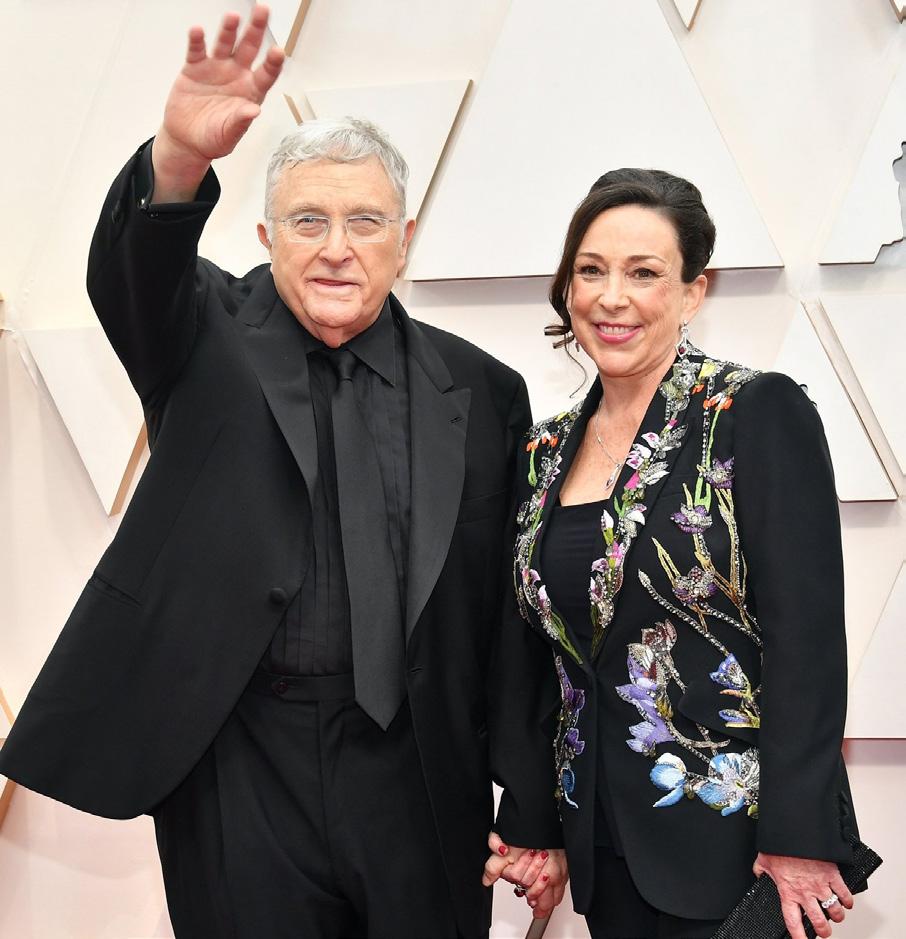
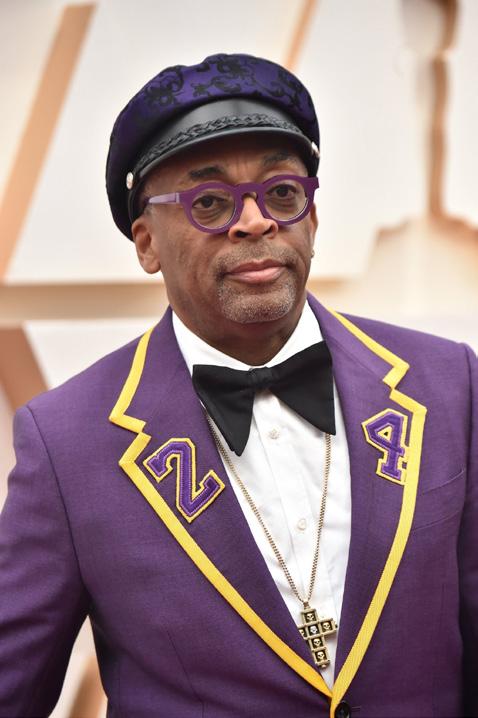
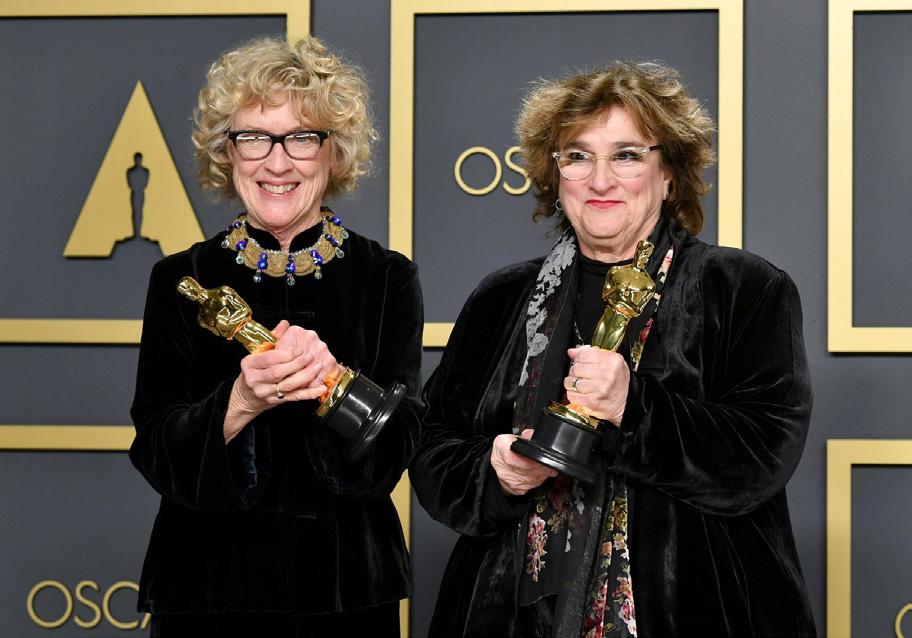
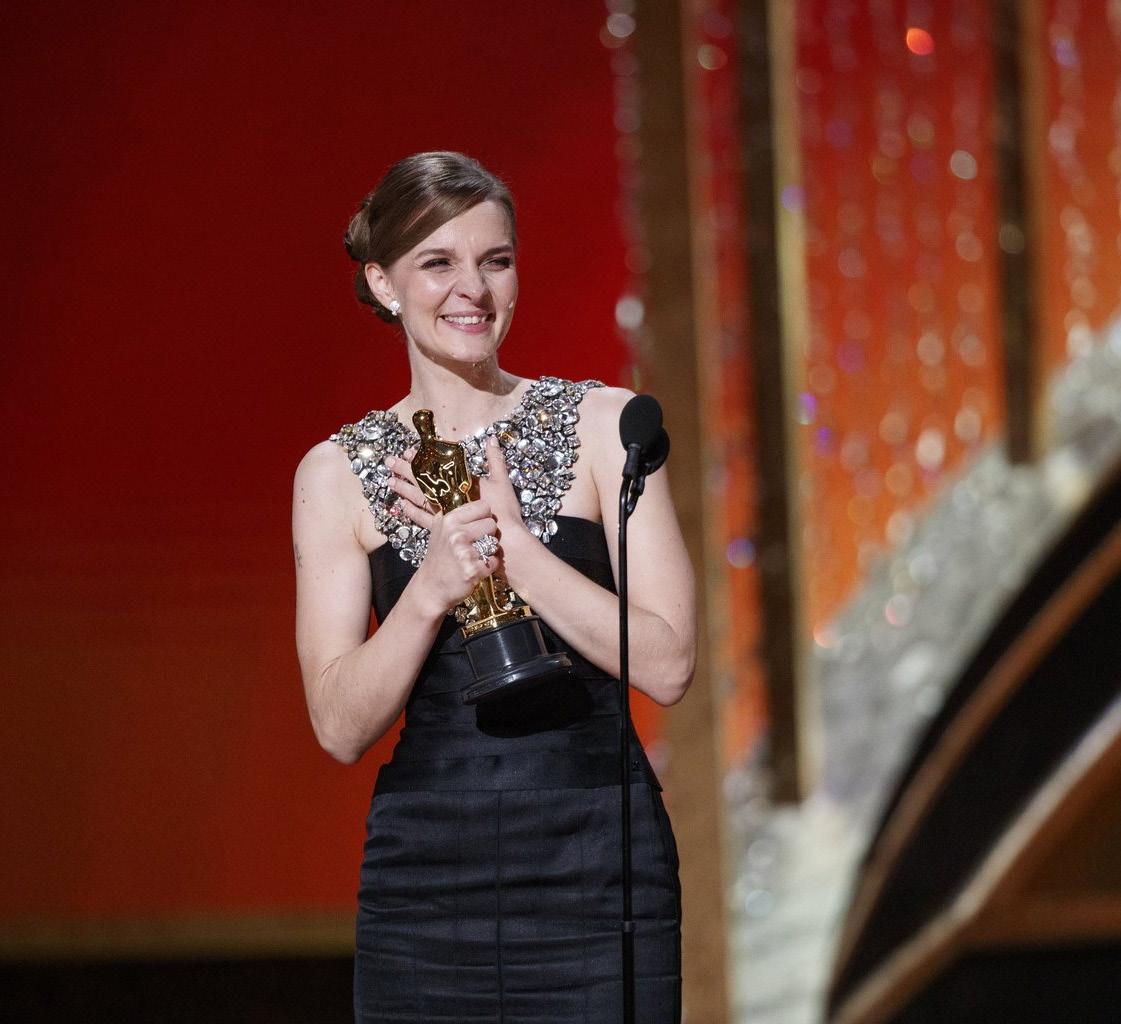
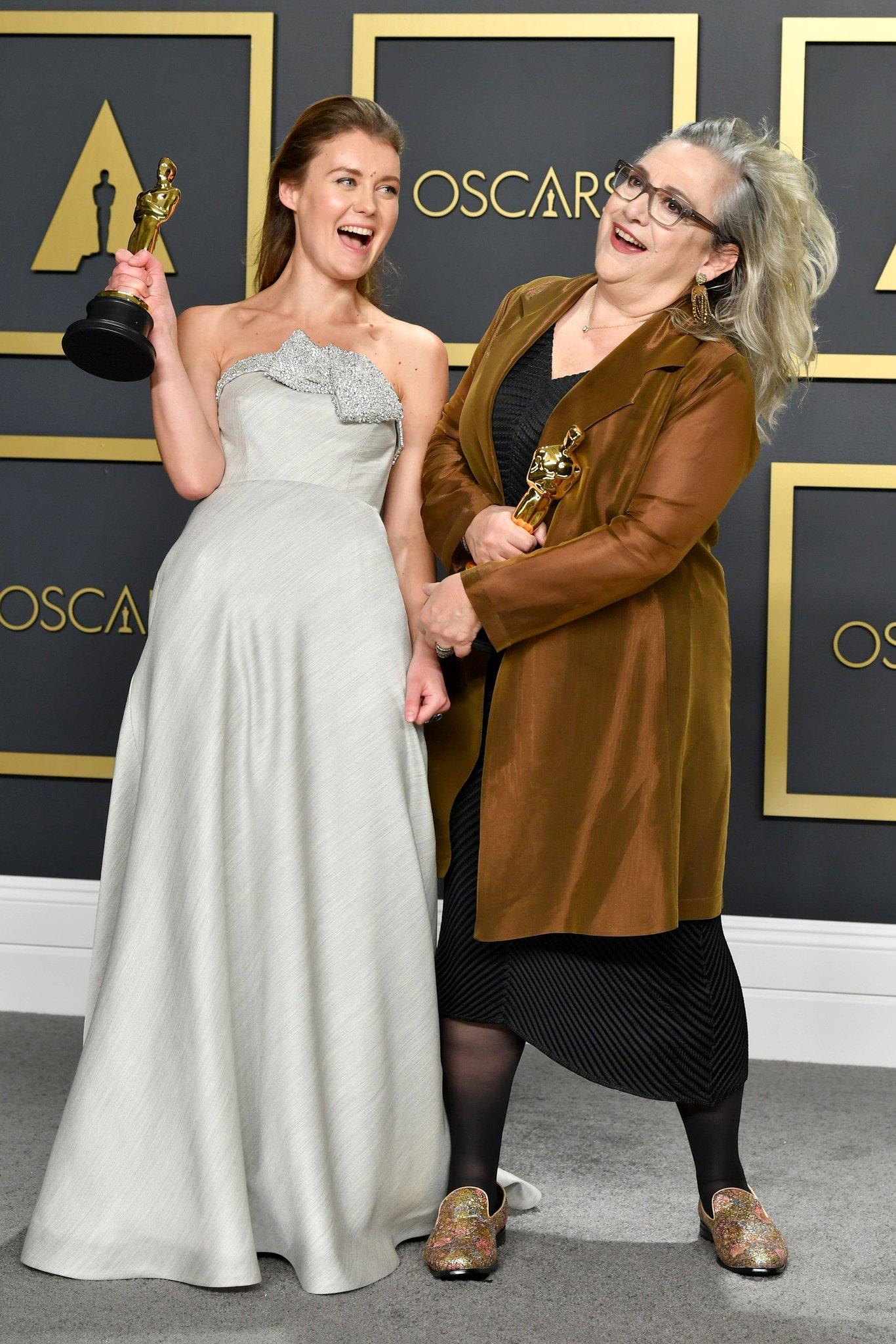
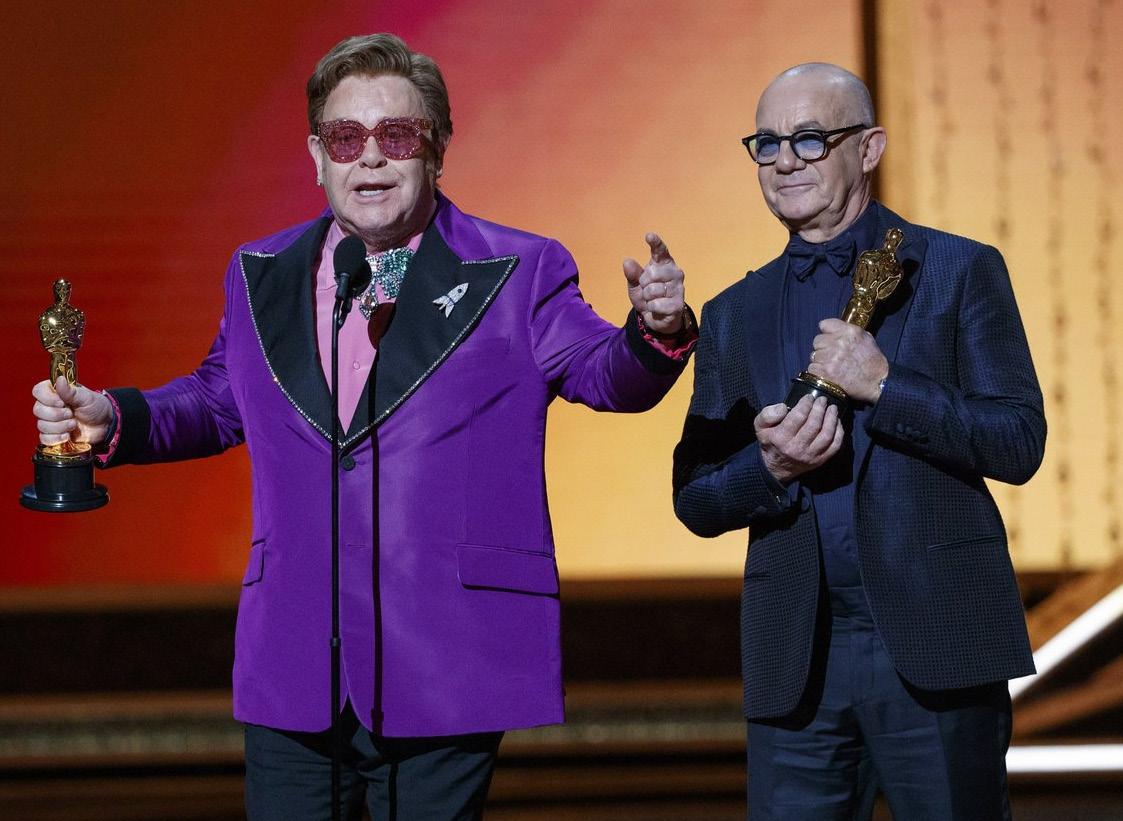
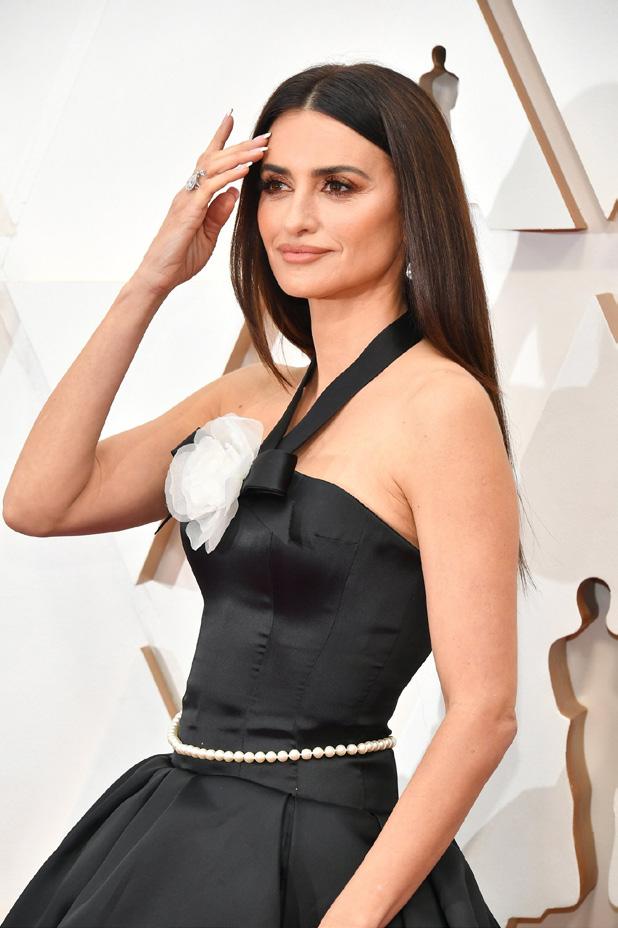
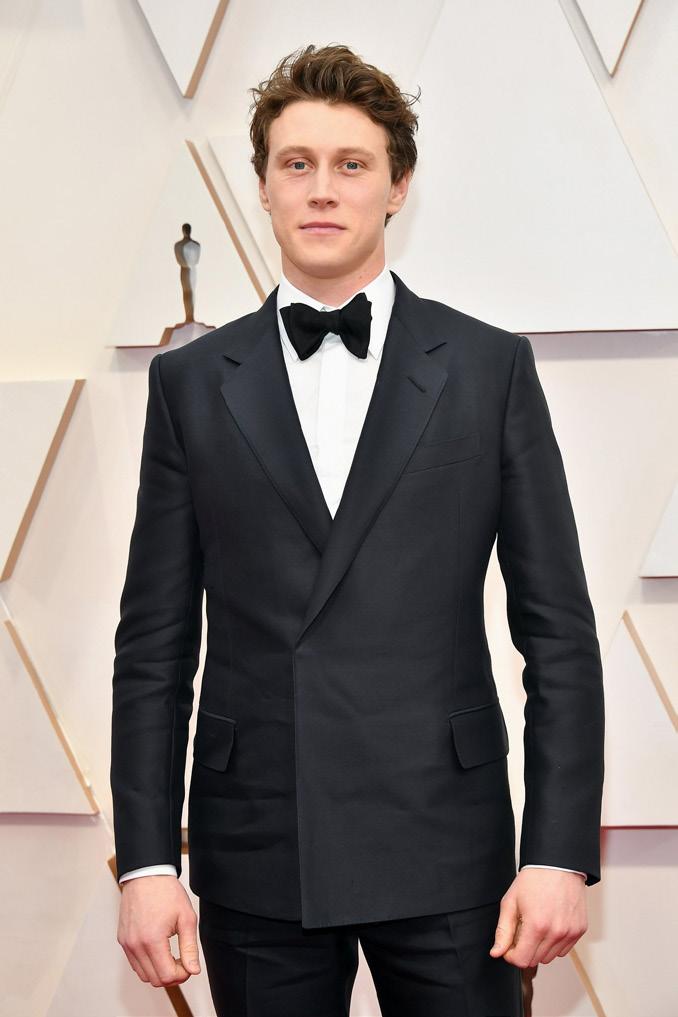
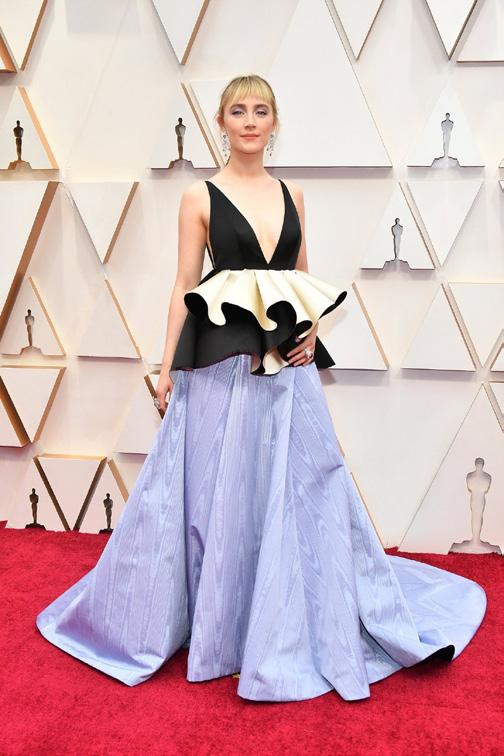
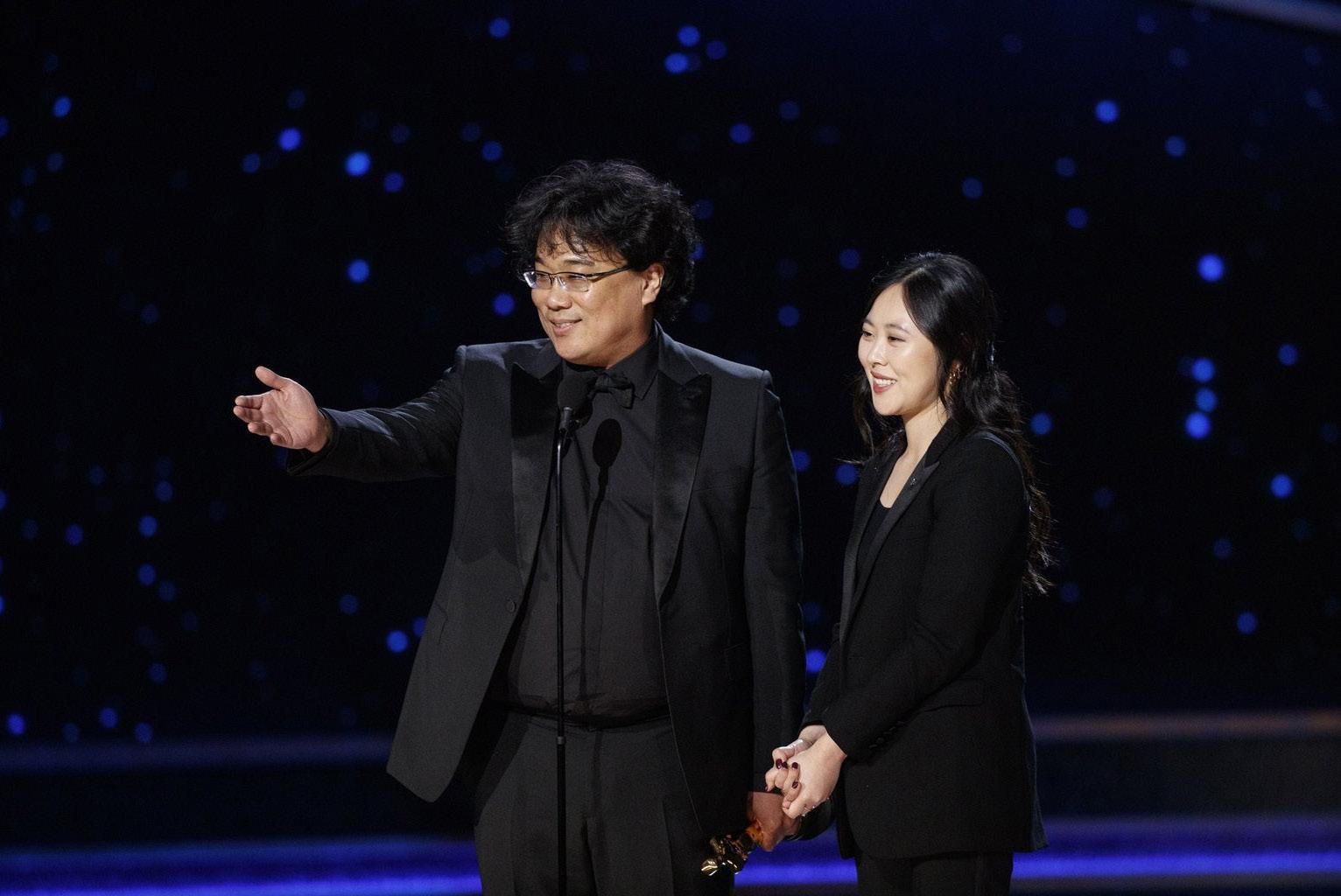
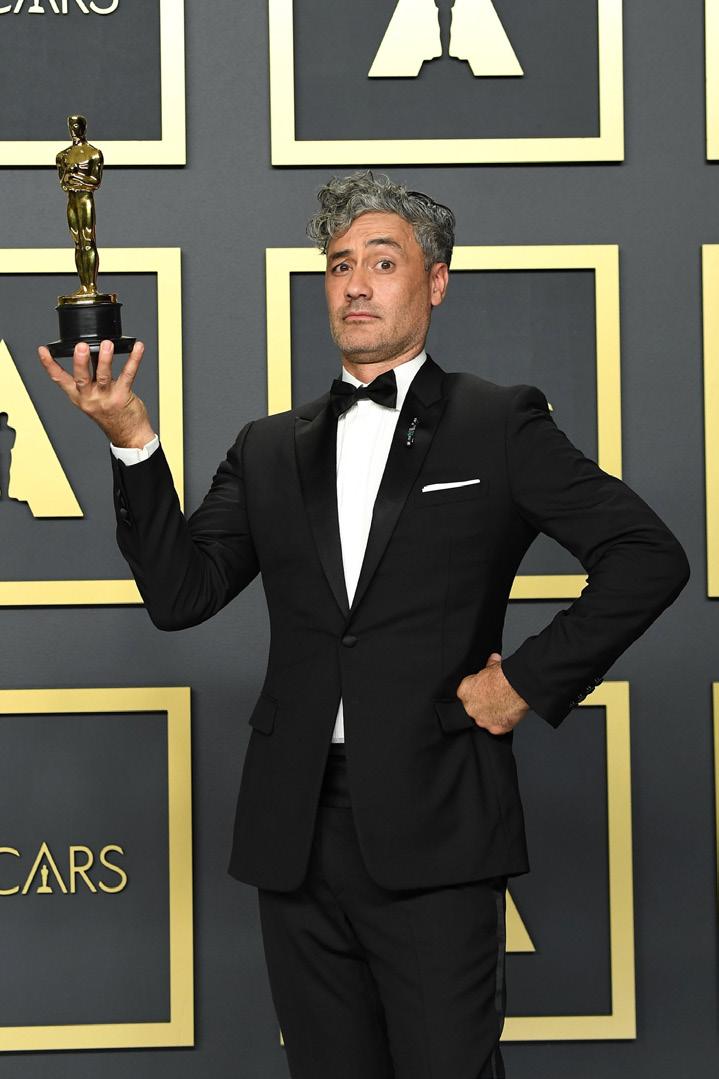
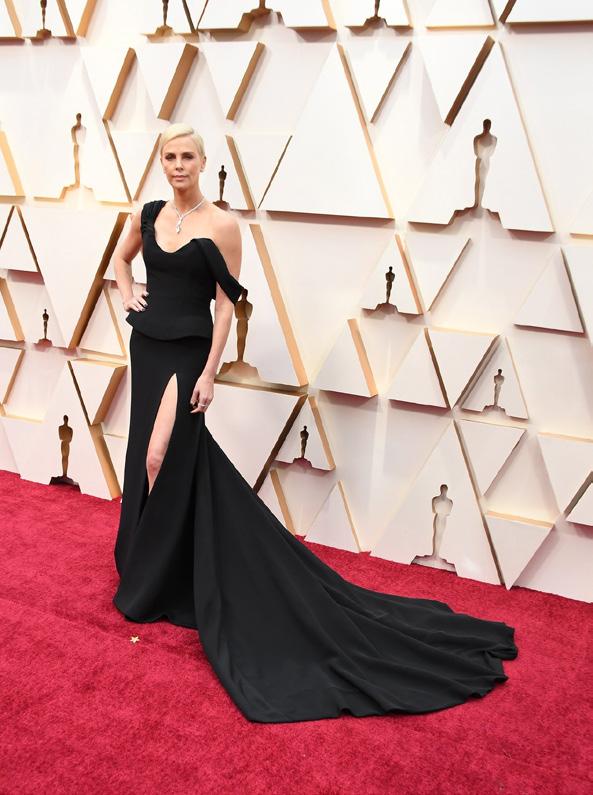
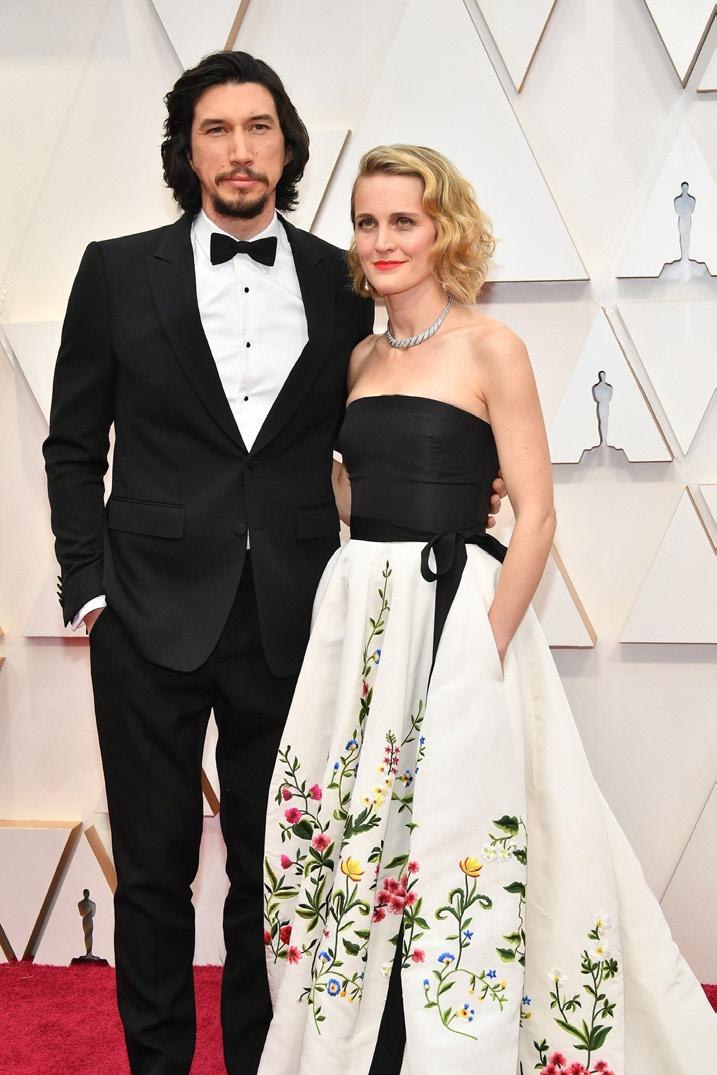
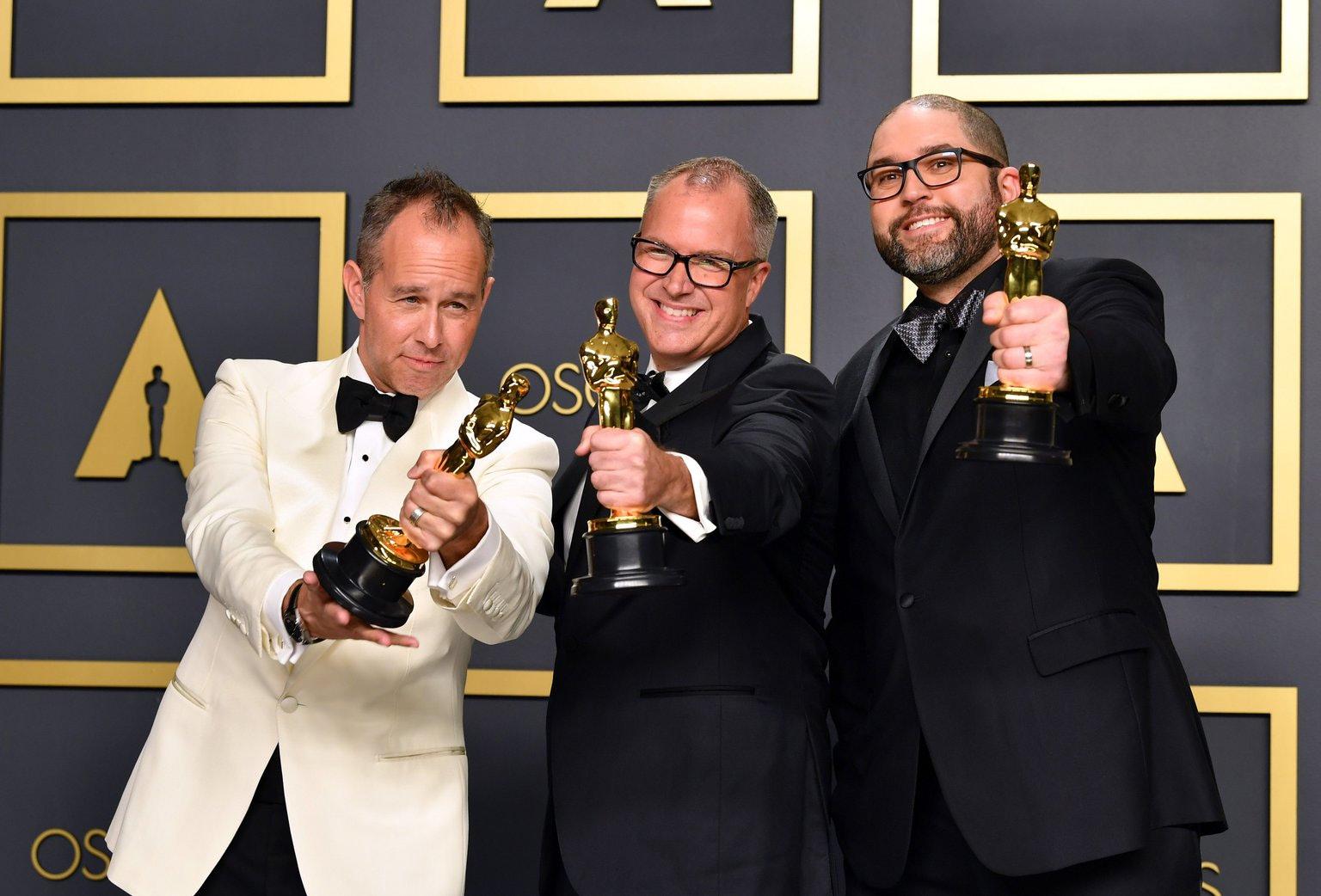
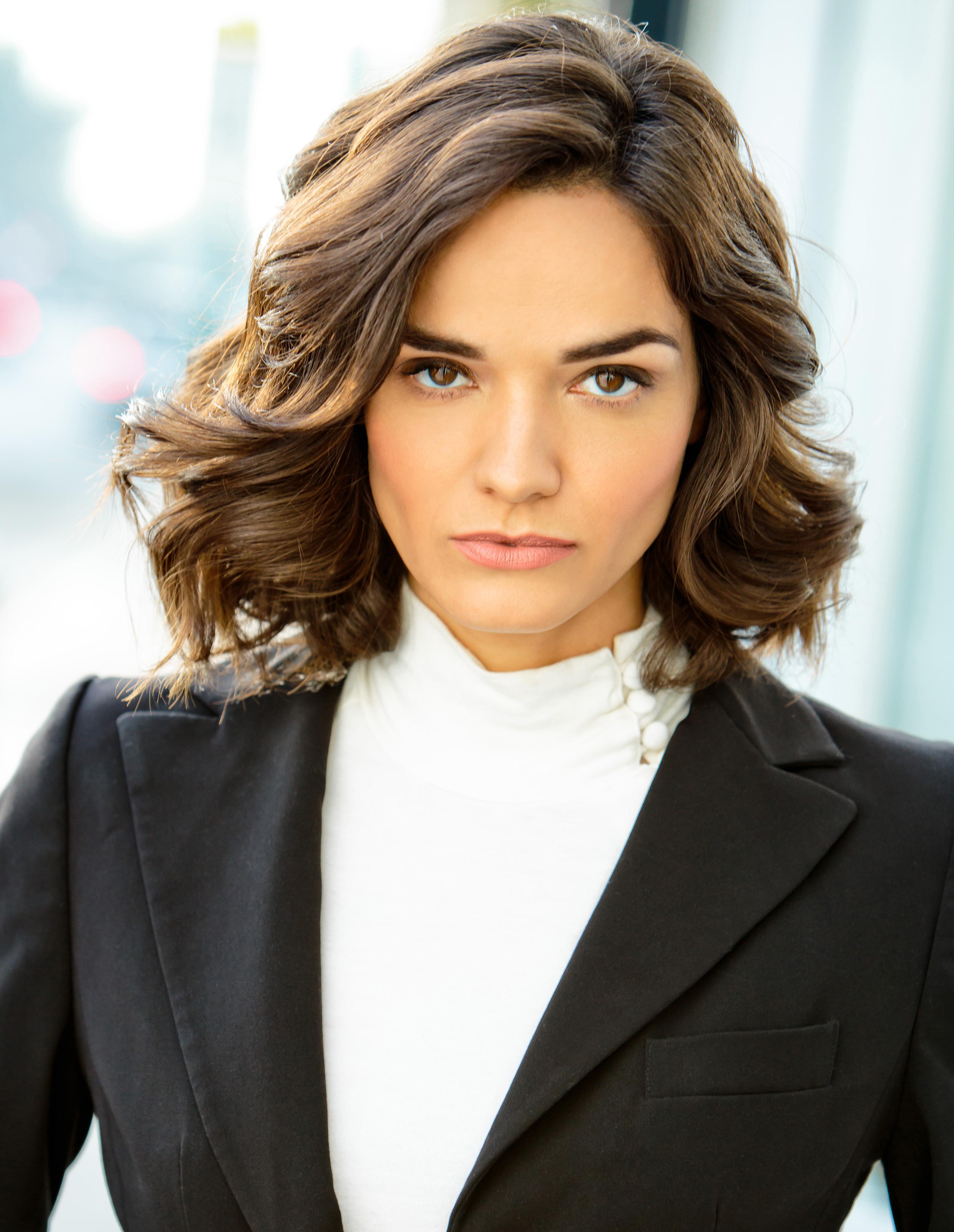
JAMIE BERNADETTE
Breaking through ‘the wall’ in “The Furnace”
BY ALEX A. KECSKES
An icon in the horror genre with films like “I Spit on Your Grave: Déjà Vu” and “4/20 Massacre,” Jamie Bernadette has been in 20 other horror films including “The 6th Friend,” which was released worldwide in 2019. She received two Best Actress awards from the Freakshow Horror Film Festival and RIP Film Festival.
Some of her most recent credits include guest star roles on “NCIS: New Orleans,” “Midnight Texas,” and a series regular on “Ember.” In 2017, The Independent Cinema Foundation & Festival Academy recognized Jamie’s stellar work, naming her Best Actress. That same year, The Lucky Strike Film Festival awarded Jamie the Rising Star Award.
In “The Furnace,” Jaime is Mary, a runner determined against all odds to compete in The Furnace, a brutal 150-mile run through the largest wild game reserve in Africa. Directed by Oscar-nominated Darrell Roodt, the film is confirmed to release in 90 countries. For her outstanding performance, Jamie has already received two Best Lead Actress Nominations from the Nice International Film Festival and the Madrid International Film Festival.
Thank you for taking the time for this interview. “The Furnace” is a far cry from the horror genre we’re used to seeing you in. What attracted you to this film and the role of Mary? Jamie Bernadette: I love survival type films that pit an individual against nature. They’re among my favorite subgenres. So when producer Sam (Frauenstein) sent me the script for consideration, I thought OMG, I’ve always wanted to do something like this.
You appear physically fit. Are you a runner? How did you prepare for this demanding role? Jamie: I do run, but I wouldn’t say I’m a runner who runs like seven miles a day. I do a lot of uphill mountain hiking. When I got the role, I started running more. But nothing could have prepared me to run in this film. We shot entirely on location in Africa. It was a ton of running--sometimes 12 hours a day. One time, they were shooting me from a helicopter and it was take after take of me running. There
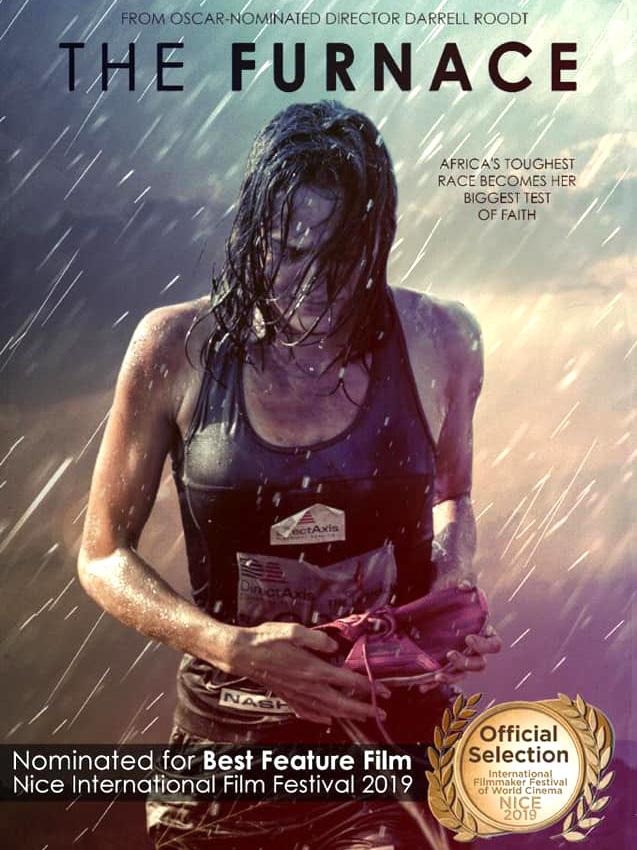
were days when I just ran all day long. I was sore and I had to keep running. Usually, when I run, it’s 40 minutes, not 12 hours. I just wasn’t prepared for it. On top of that, there were live animals that could attack you. When I was running, it was usually me and the cameraman, who stood off-frame behind a bush. And I thought, if an animal attacked me, I wouldn’t get much help.
I love that picture of you with those beautiful cheetahs. Jamie: Those cheetahs were rescued from an owner who gave them a grilled cheese sandwich or turkey sandwich a day. They were underfed and didn’t develop properly. We used them in the scene where the cheetahs threaten me. The animal handlers teach you to be very quiet around them and to slowly walk in so you don’t startle them. I wasn’t too nervous around the animals--some people were, though. I think cheetahs can sense your fear, so it was good that I wasn’t scared.
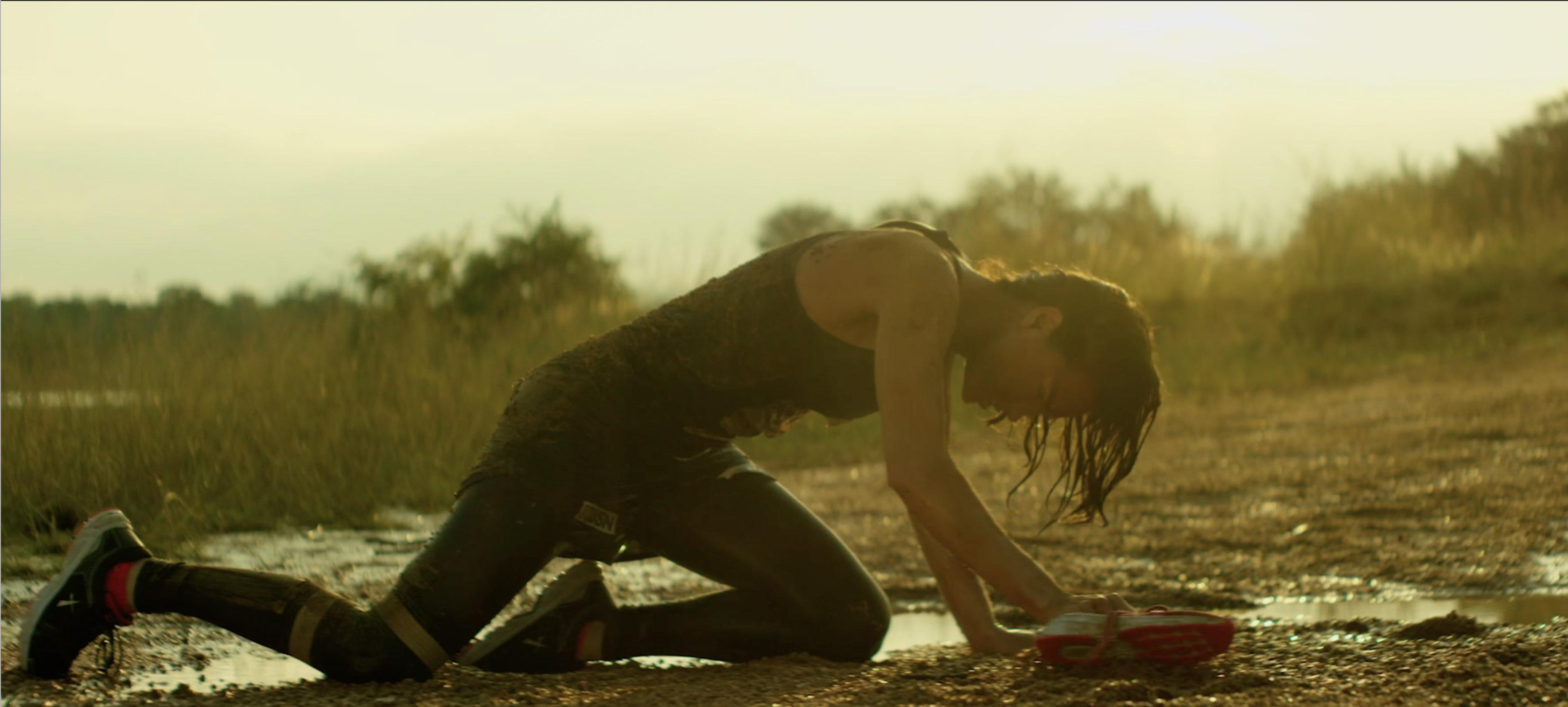
Are you an animal person? Jamie: I have a dog. I think I am an animal person. I love animals. I was a vegan for a little while for that reason.
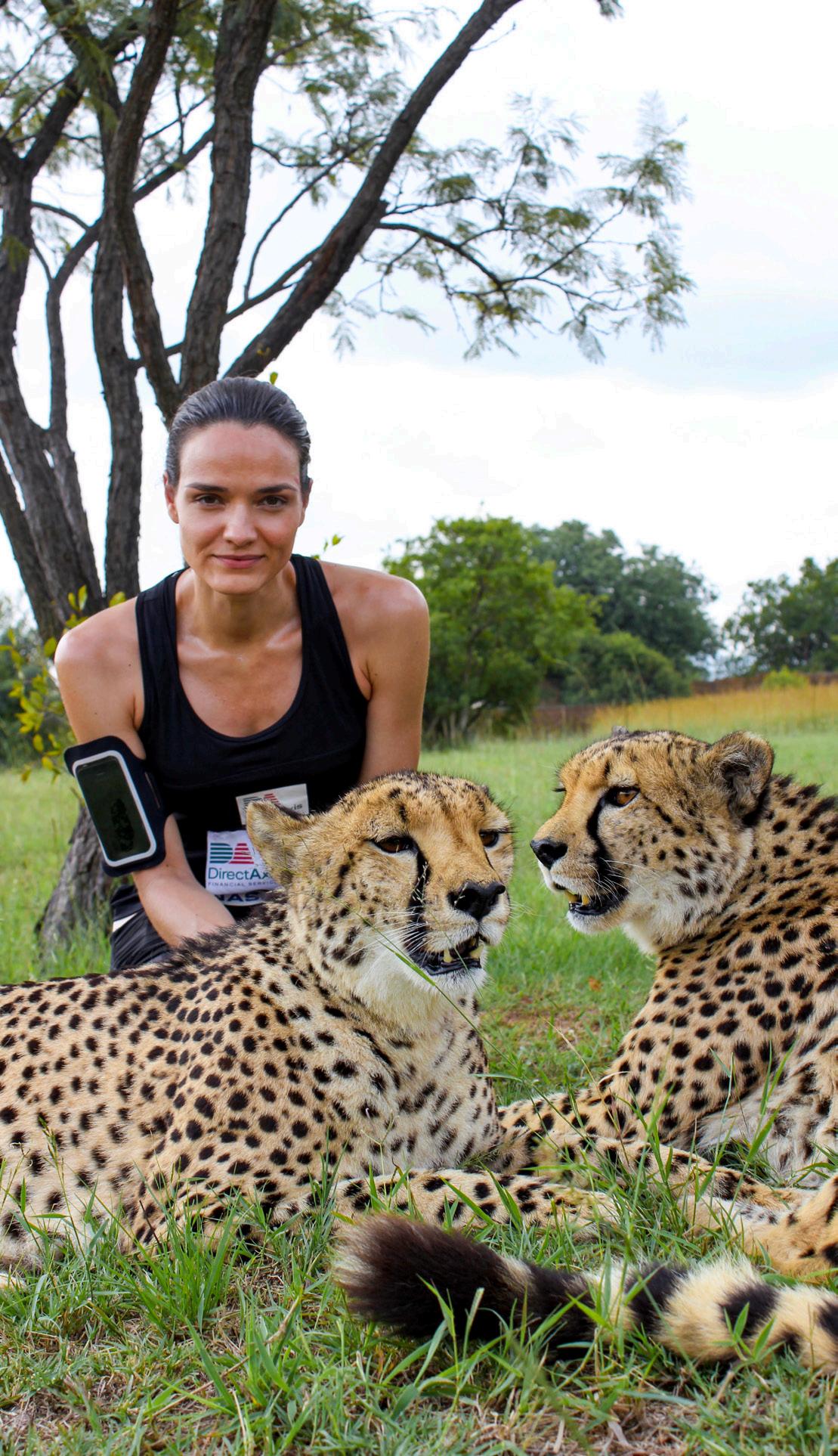
In one scene, you looked like you suffered serious sunburn. Did you roast in that 110-degree heat? Jamie: No, that’s our amazing make-up artist, Julene Pa- ton. She’s an award-winning artist who won MAC cosmet- ics for life. In the film, they made sure I didn’t burn. They had me under an umbrella between takes. They didn’t want me to burn because the next day I had to appear all sickly and pale.
How many miles of The Furnace did you run? Jamie: I don’t know. We were in the middle of filming and the producer suggested that I should have worn some- thing on my shoe that logged my miles.
The film also speaks to the agony of losing a spouse, what did you draw from to so convincingly portray that loss? Jamie: I pull from whatever I can, whatever is working for me that day to draw out that emotion. I delve into my past. I’ve had some losses in my life and a rough upbring- ing so there was a lot of material for me to pull from to get there emotionally. I get where I need to be before the camera starts rolling. We did a hostile scene and when we finished, I went into a corner and cried for probably two-straight hours. I just couldn’t stop crying. When I’m in the scene, and the camera starts rolling, I’m thinking how Mary thinks. At that point, I’m already there, because I’ve prepped myself to be her. It’s what you do as an actor.
In the film, Laura Linn personifies the faith that pulls Mary though her devastating loss, as well as her struggle to finish The Furnace. How did you address the faith-based aspect of the story?
Jamie: I feel the film does a good job of not shoving that aspect of the story down peoples’ throats. So people who may not be religious can still relate to it. We didn’t want to be talking about God throughout the film. I’m a big believer in having some faith or spirituality in your life. I love all religions and people of all faiths. I think it’s important to have a moral code you follow, something that guides you in life, gives you hope. There has to be something more than the material world we’re in. I believe we’re spirits in a body. I know there’s a spiritual world. How do you explain things that have happened?
Mary’s relationship with Coffin is exceptionally real, congenial, yet bracing at times. How did you two work together to create such authenticity? Jamie: We just bonded right away. Luthuli Dlamini a very real, down-toearth person. I think you either connect with someone or you don’t. We connected and worked together easily. Luthuli is a phenomenal actor, very seasoned. His acting is natural and flawless. He’s a celebrity in South Africa. All the extras knew who he was and wanted photos and autographs.
What do you see as the core message in “The Furnace”? Jamie: I think it’s to go on in spite of all the adversities life throws at you. And eventually, things will get better. Even on our darkest days, we may feel like the light will never come. If you just hang in there and stick it out, the light will come and you will pull through. And life can be good again.
It appears that your dance card is full for the next year. How do you find time to unwind and relax? Jamie: I’m attached to a lot of projects right now. I’m very particular about what I’m taking. I want to do really good films and work with really good filmmakers. At the beginning of my career, I was focused on quantity rather than quality. Now I look for quality roles that challenge and inspire me. Being selective also gives
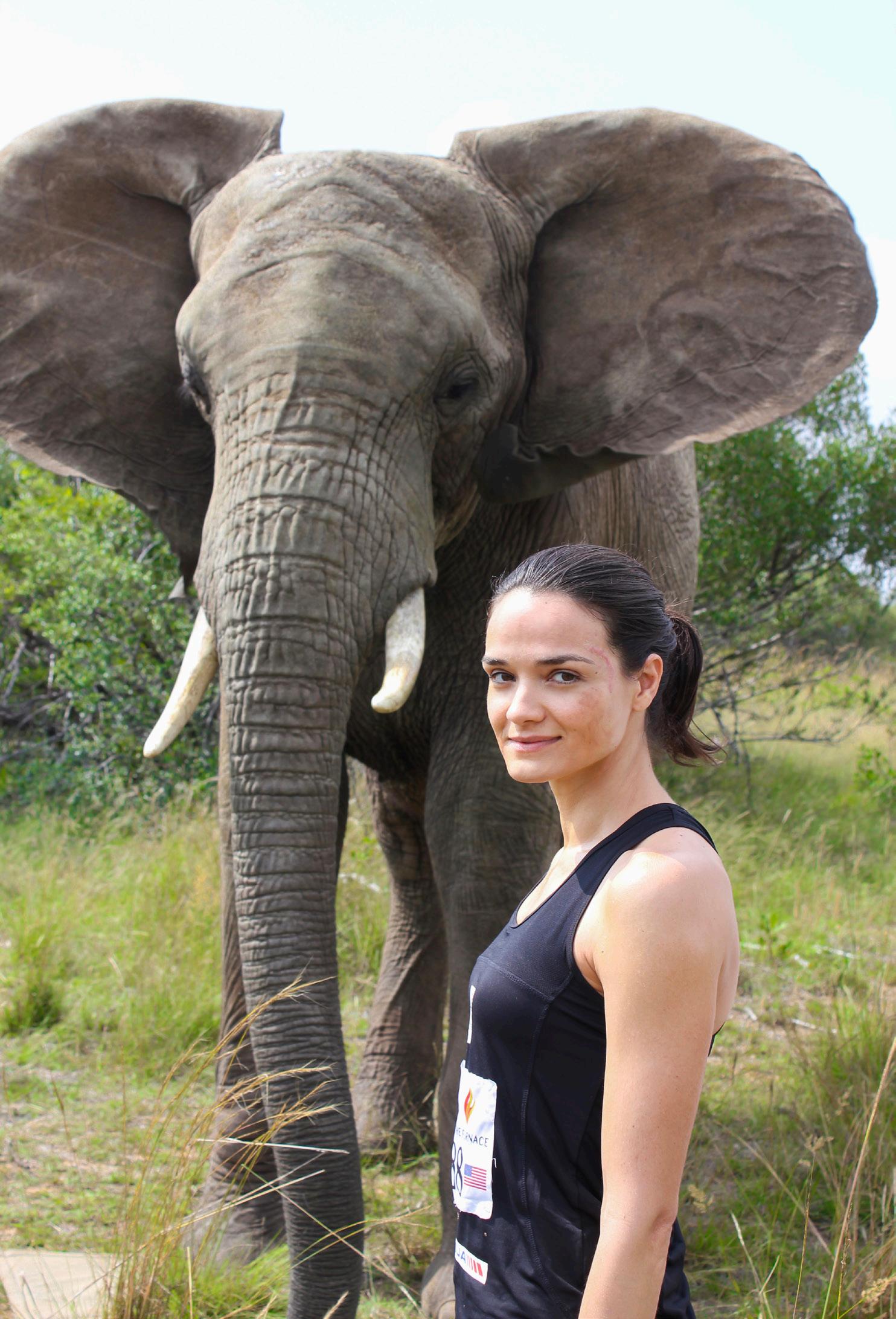
me more time between projects. I’m trying to get three features off the ground. One’s a true, real-life drama, another is a horror film, and a third is a domestic abuse drama.
What advice would you give young actors just starting their careers? Jamie: Don’t listen to the negativity. A lot of people will tell you things that may have been true for them but it doesn’t have to be true for you. I heard an actor once say that if you haven’t made it by the time you’re 30, you won’t make it. If you hear that and you take it as your truth, you’re likely to manifest that in your universe. It then becomes your reality. I always tell people—don’t agree to the negativity. You can make it at any age. Some will tell say, oh, it’s so hard. Don’t buy into that. Others will say, oh, there’s hardly any work. And I say, what are you talking about? We have more work now than we had 10 years ago—with HULU, Netflix and Amazon. So, I just don’t accept those negative comments.


